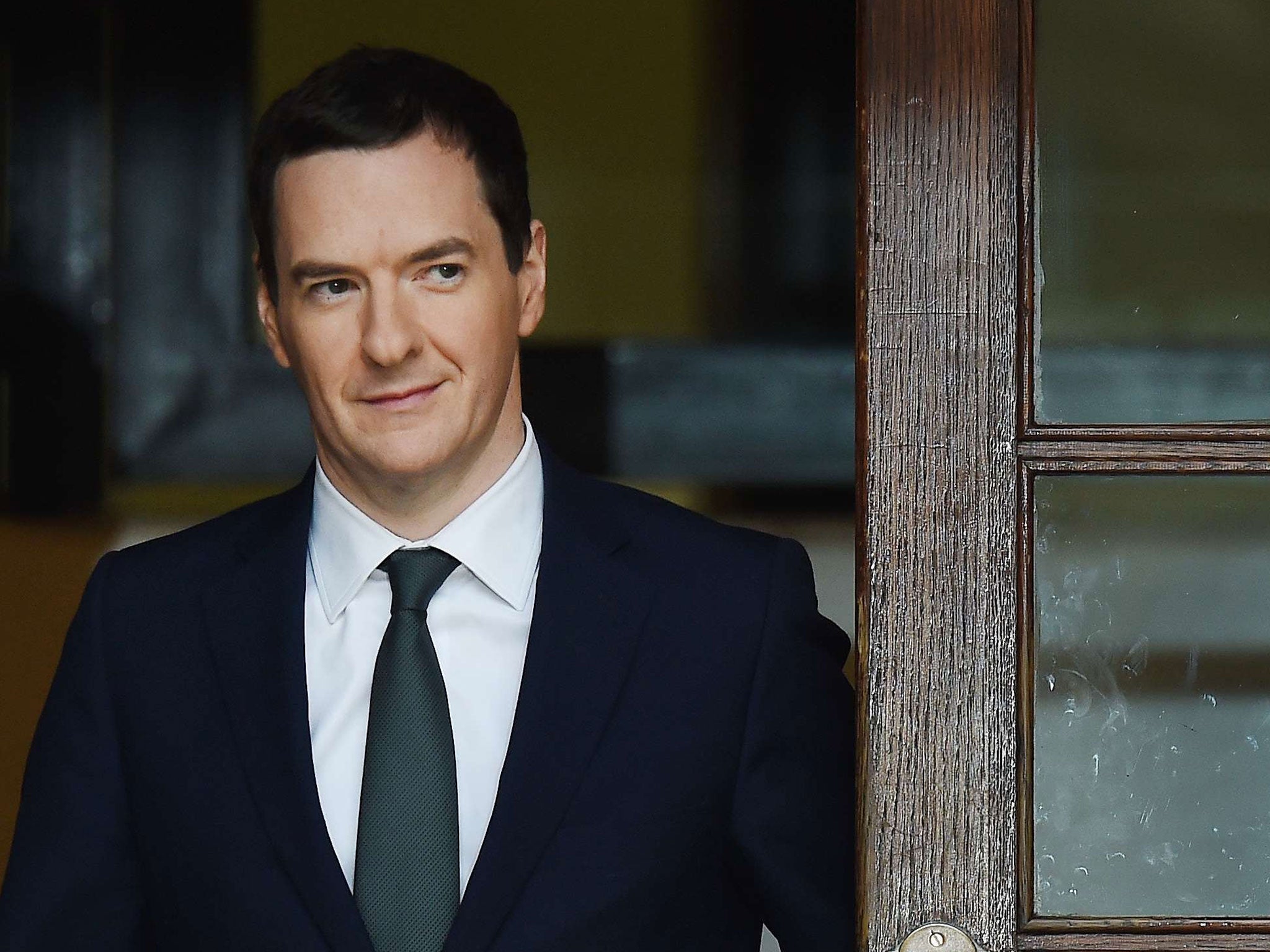The charts that show Osborne is cutting the deficit by making ordinary people take on more debt
Household debt to income will rise sharply over the coming years

The Chancellor George Osborne has set out his plans for how to cut the deficit and deliver a budget surplus of £10.1 billion by 2019-20.
That means he wants to cut public sector borrowing so that the Government is taking more than it borrows by 2020.
It doesn't mean he'll eliminate the national debt, which still stands at £1.56 trillion, or 81.6 per cent of GDP.
He's going to cut borrowing using taxes and spending reductions, including an apprenticeship tax on businesses, raising stamp duty for those buying to let, and giving local councils the power to charge more tax.
The poor are going to bear the brunt of these changes. The Institute for Fiscal Studies said that 2.6 million working families will be £1,600 poorer a year because of Osborne's policies:
But private sector debts, belonging to individuals and companies rather than the state, continue to grow.
Financial services - like banks and mortgage lenders - have become more and more important to the UK's economy at the expense of manufacturing and construction:
These banks are lending more in mortgages as people stretch to get on the property ladder with schemes like help to buy:
Which means household debt to income will rise sharply over the coming years, according to estimates from the Office for Budget Responsibility.
"The massive subsidies the government is offering to first-time buyers will encourage a borrowing splurge that will serve only to inflate household debt, which is already at very high levels relative to income.
"The danger now is unsustainable private debt, not public debt," Josh Ryan Collins, associate director for economy and finance at New Economics Foundation, said.
Subscribe to Independent Premium to bookmark this article
Want to bookmark your favourite articles and stories to read or reference later? Start your Independent Premium subscription today.

Join our commenting forum
Join thought-provoking conversations, follow other Independent readers and see their replies